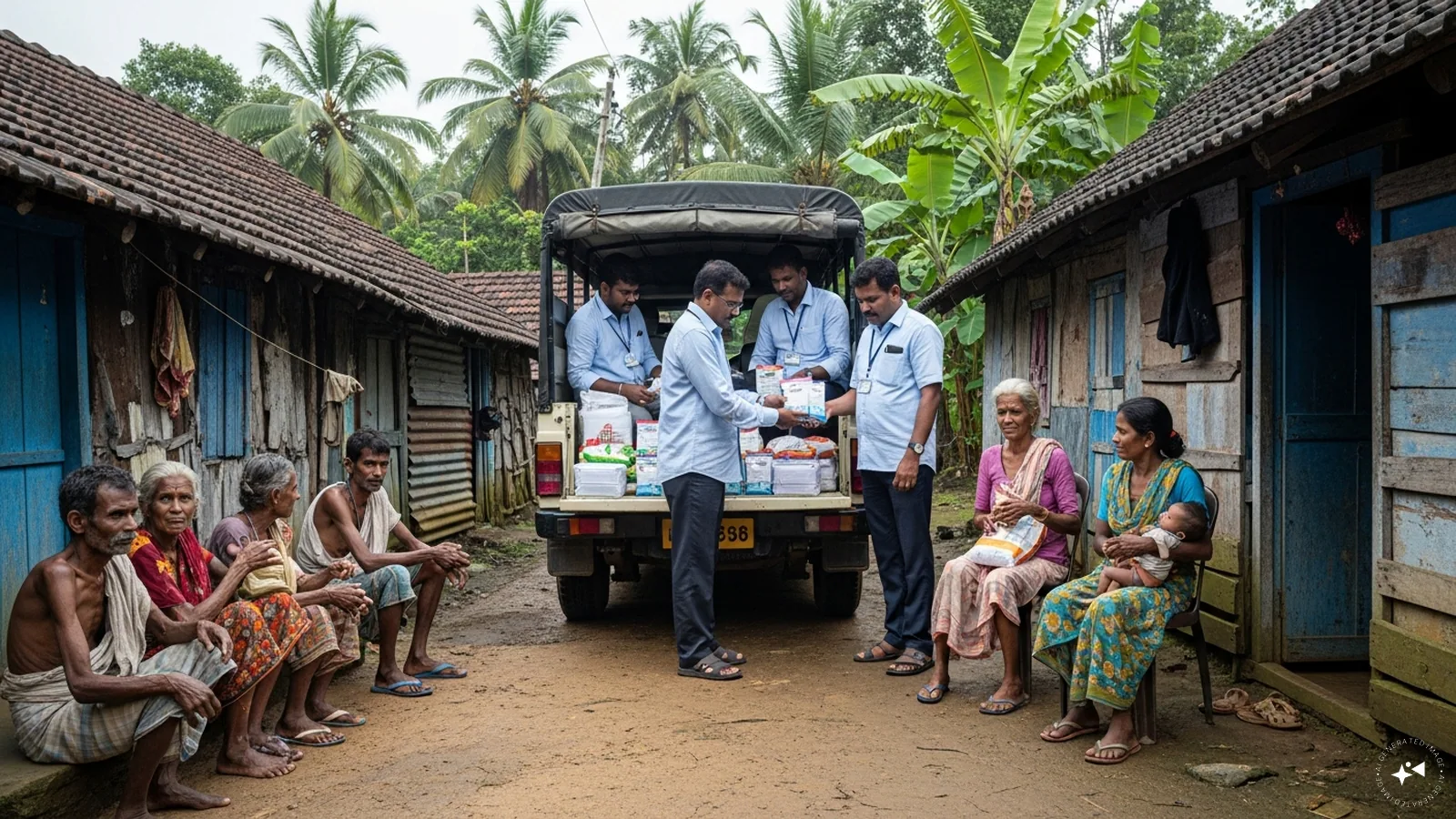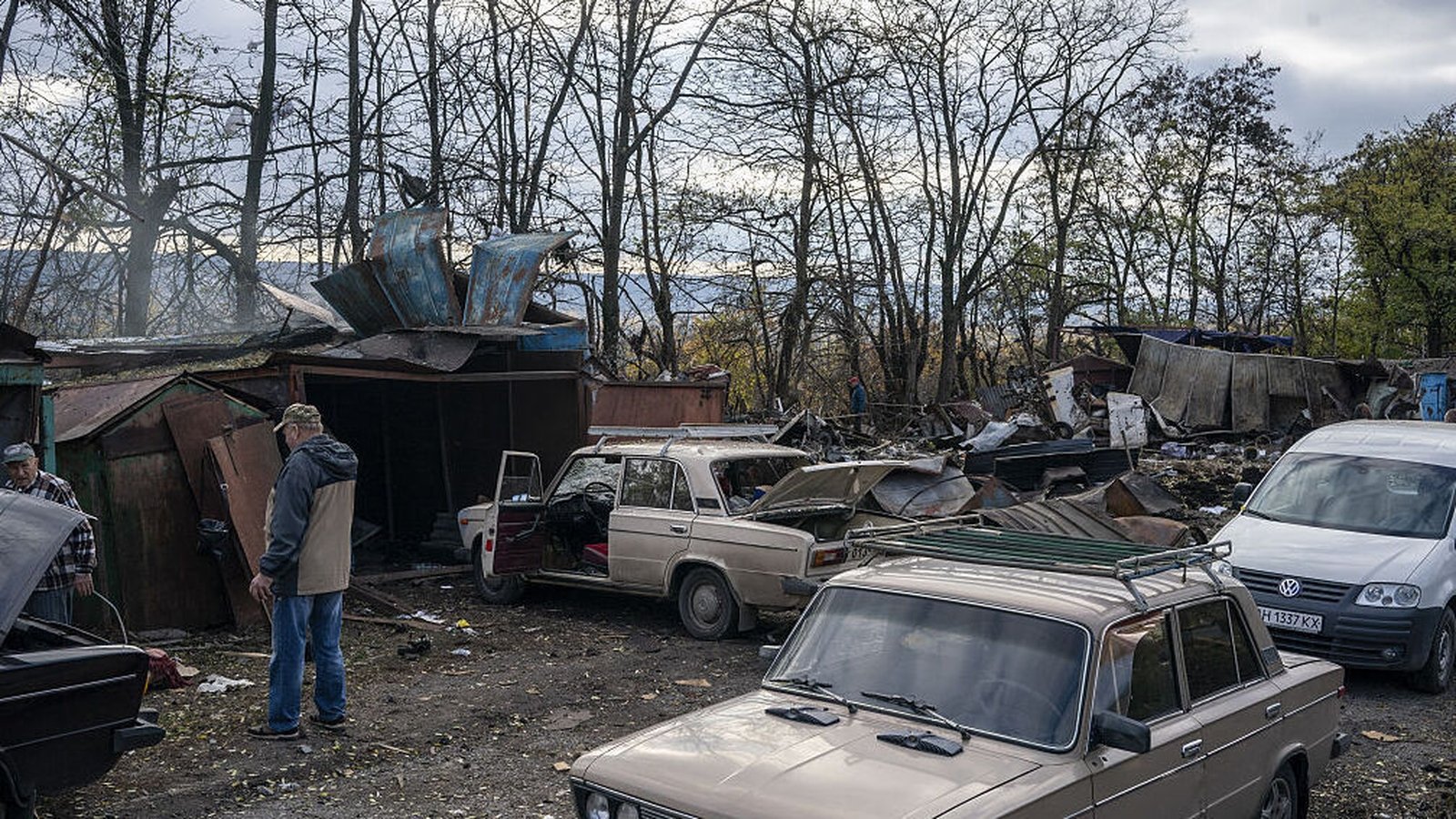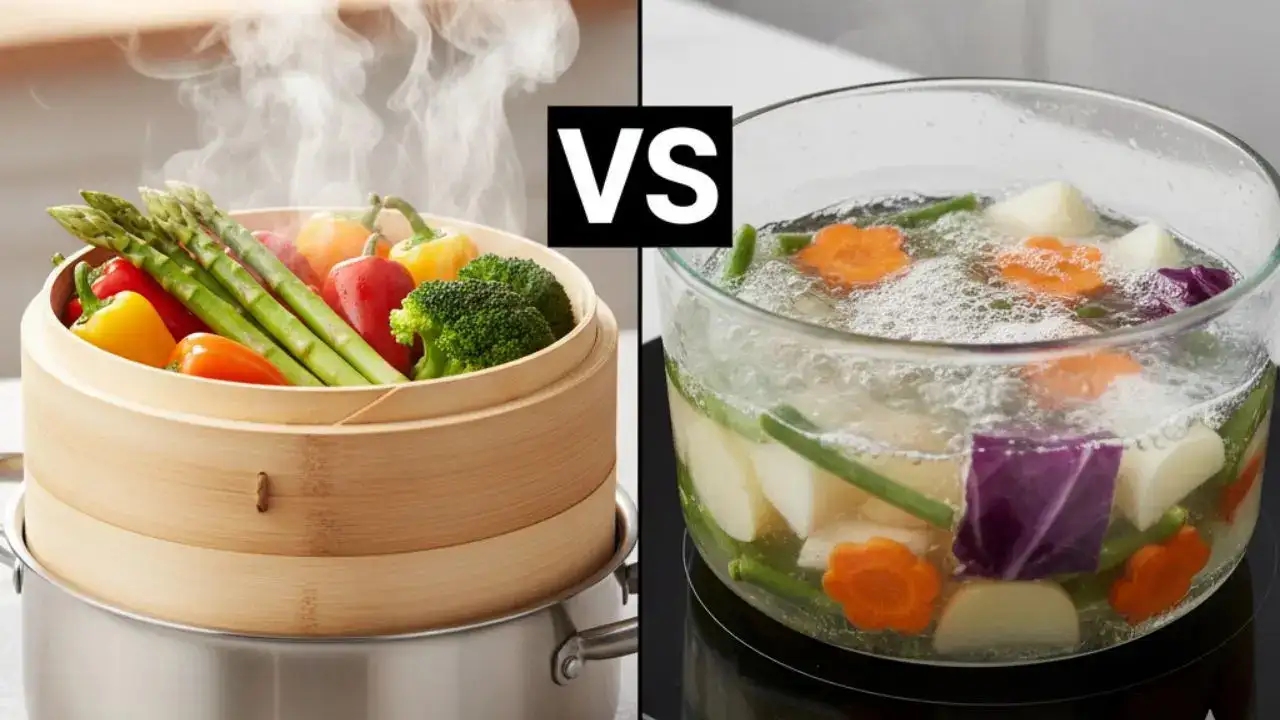Copyright news18

On November 1, its formation day, Kerala will be declared the first state in the country to eradicate extreme poverty, courtesy the Extreme Poverty Eradication Project started in 2021. So, what exactly does the programme entail, and how does it work? Let’s take the example of 83-year-old Sumathi, who lives alone in her house. She can walk only with the help of a stick, and her health and old age do not permit her to cook. Sumathi’s house was in a bad condition, with the elderly woman surviving on porridge and pickle or the magnanimity of her neighbours who would give her food. However, all this changed when her panchayat ward member stepped in and ensured she is enrolled under the scheme. Sumathi now gets cooked food at her house three times a day, has health workers visiting her home with medicines, a social welfare pension and also Rs 1 lakh for maintenance of her house. “They come to my house to check sugar, BP, and give medicines. If they don’t have the medicines, they visit again. Earlier, I was really worried that I would be taken to an old age home. But when this project came, I started getting food and water. It’s like heaven for me now,” says the elderly woman. The scheme has also given a new lease of life to 54-year-old Noorjehan and her husband Abdul Wahab. Noorjehan, who worked as a domestic help, had been struggling with failing health as well as her husband’s health issues. The panchayat provided her with a food kit for about two years and helped her with Rs 38,000 to start a livelihood. Now, the 54-year-old sells clothes and earns a living. When she goes out for sales, her husband gets cooked food every afternoon from the panchayat. Noorjehan, who had to depend on others for her survival, is also going to become homeowner soon, courtesy the panchayat. “It was my ward member who made all this happen. From panchayat, nurses come home and my husband gets his health check-up. Medicines are given correctly to him. Earlier, I used to buy these medicines from outside, but now we get it from the panchayat itself. The panchayat is looking after us now. I’m very happy. I never expected that we would get land and a house,” she says. The change in fortunes is not limited to the two women—64,006 families were identified as extremely poor in Kerala, with food, health, livelihood, income and shelter set as the parameters. The project was conducted under the leadership of the local self-government. Local bodies at the ward level identified the extremely poor and worked to uplift them. This was the first cabinet decision made by the second Pinarayi Vijayan government after it took oath in 2021. What The Numbers Say So far, 4,677 families have been given houses, while 2,713 have been provided land. A total of 5,646 families have received money for house maintenance. Families that received incomes are at 4,394, while families that received documentation are 21,263. Over 20,000 families receive food, while over 85,000 people have been provided medicine and treatment. Palliative care has been given to 5,777 individuals, while seven individuals were helped with organ transplant. The Government’s Stand MB Rajesh, Local Self Government Department minister, said: “We prepared micro plans for each and every family. We have 64,006 micro plans based on their demands. This was done at the local body level. The next stage was implementation of the micro plans. Initially, we tried to fulfil the demands that were more immediate. Micro plans have three stages—immediate demands, medium-term demands, and long-term plans. This micro plan was implemented and we achieved 47.89 per cent of the goal by 2023 itself.” He added: “The next two years were more challenging because we had to tackle the issues of landlessness, homelessness, livelihood and income. To address the issue of livelihood and income, Kudumbasree was entrusted with the task. We prepared a separate scheme for this called ‘Ujjeevanam’ and 4,600 families were given livelihood and income under it.” Many of those identified did not have basic documents like Aadhaar card and ration card and were not availing any government benefits. Once documents were provided to them, food kits, cooked food, health care, livelihood, land and home were all provided based on each person’s need. The government says this is how they succeeded in achieving the objective in four years. “This is called Kerala model, and this is Nava Keralam. This is what we promised the people of Kerala when we came to power in 2016. What we aim is that in a society like Kerala, where equality is valued, human dignity is valued there should not be any people who are extremely poor. Poverty is a systemic issue, but extreme poverty can be eradicated. This is yet another alternative path shown by Kerala to the entire world. After China, Kerala is the second place in the world to eradicate extreme poverty.” But Rajesh says the scheme has not ended yet. Continuous follow-ups will be done to ensure every single person is uplifted from extreme poverty and state prospers—as a whole.



